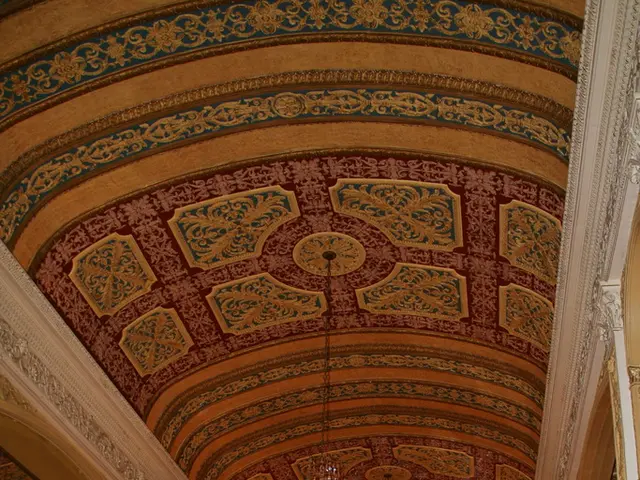The Importance of History (And Its Significance Gobbling Up More Than Just Ancient Artifacts)
From the biblical Sabbath to modern-day leisure, the concept of weekends has a rich and intriguing history that has shaped our lives in countless ways.
The idea of a day of rest can be traced back to the Jewish tradition, where the Sabbath, observed on Saturday, was first introduced. This concept was later adopted by early Christians, who observed Sunday as their day of rest to commemorate the Resurrection of Jesus Christ.
As industrialization spread in the 19th century, labor movements began advocating for shorter workweeks to improve workers' conditions and reduce fatigue. A significant milestone in establishing the modern weekend was Henry Ford's decision in 1926 to introduce a five-day workweek, giving his employees Saturdays and Sundays off.
The establishment of weekends was also influenced by social and economic needs. By providing a two-day break, businesses could align with the Christian observance of Sunday as a day of rest, and workers had more time for leisure activities, which in turn supported consumer spending and economic growth.
Over time, weekends have become a standard aspect of modern life worldwide, though specific days may vary based on cultural and religious practices. For instance, in many countries, Friday is considered the beginning of the weekend, especially in regions with significant Muslim populations.
History, therefore, plays a pivotal role in understanding the origins of traditions such as weekend days off. It helps us navigate the complexities of the present and the future by providing examples of both successes and failures from the past. The weekend originated as a combination of religious observance, industrial needs, and social evolution, culminating in the modern weekend we know today.
History is not just about memorizing dates or watching lengthy documentaries. It is a tool for understanding the past and applying those lessons to the present. It is filled with unique and fascinating stories, such as Australia's war with emus, Napoleon's encounter with bunnies, and the CIA's failed spy-cat mission.
As we move forward, it is crucial to make informed and thoughtful decisions, for future generations will look back on our current events. Each decision, movement, and trend we make today is part of history, making everyone a character in the ongoing narrative. So let us embrace history as a source of fascinating and engaging stories that challenge the notion of it being boring, and use it to make smarter decisions in the present and be braver in the future.
Engaging in self-development activities has become a common lifestyle choice during weekends, given the two-day break that allows for recreational pursuits and personal growth opportunities. This period also serves as an ideal time for educational pursuits, such as online courses or reading books, which can expand one's knowledge and skills outside the confines of formal education.




